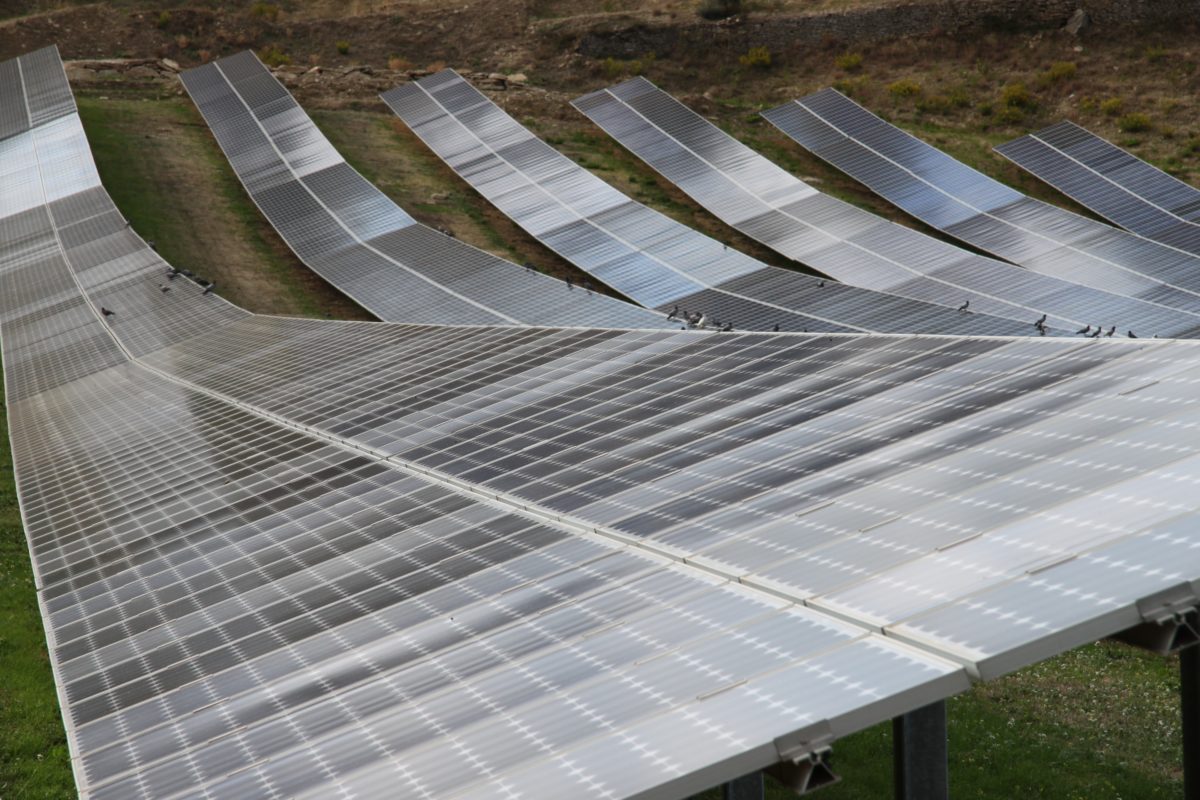Despite the Italian government's attempts to simplify the authorization process for PV plants on industrial land, PV proponents in Italy expect poor results in the final two auctions of the current scheme.
Indeed, for the next two auctions, they expect demand to be much lower than supply.
“Unfortunately, the road to a concrete development of renewables in Italy is still uphill,” Gianluca Biscotti, founder of engineering consultancy BFP, told pv magazine.
Last week, Italian energy agency Gestore dei Servizi Energetici (GSE) allocated 73 MW of renewables capacity in the country's fifth clean energy auction for projects with capacities above 1 MW. The procurement exercise drew bids for 98.9 MW; the government initially hoped to assign 1.48 GW of new projects. Overall, only 20 MW of solar were allocated.
“I would though suggest to operators to take part in the final two auctions of the RES1, if possible, as convenient incentives like the ones presented in RES1 will no longer exist in a truly competitive market,” Mauro Moroni, the founder of Moroni & Partners, told pv magazine.
The RES1 Decree, a comprehensive reform enacted in 2019, sought to incentivize 8 GW of renewable energy plants by around 2023/2024. The decree introduced an overall average annual cap on incentives of €5.8 billion.
According to Moroni, only smaller installations on roofing with asbestos were not convenient in the current regime.
“The poor results prove the need for change, which seems to be coming. It is news of the last hours that by the summer or immediately after RES2 will arrive. We all hope this new decree will be more applicable and effective than RES1. But the real issue is the authorization part, which needs simplification and speeding up,” Moroni argued.
Last week, the government approved the so-called Simplification Decree, a series of measures intended to simplify investments and which includes the Procedura Abilitativa Semplificata (PAS), which bundles several procedural processes.
“The simplification of authorization procedures for industrial land included in the Simplification Decree is the only positive development and measure, but that’s not enough,” Paolo Rocco Viscontini, president of Italia Solare, told pv magazine.
The government should offer better conditions, including a 50% tax break, to convince owners of industrial roofs to install PV systems, he added. Viscontini is also calling for a simpler legislative framework and more transparency from the GSE.
“Surely it will be easier to authorize PV plants on industrial land thanks to the extension of PAS to plants up to 10 MWp, but, in our opinion, it will not be enough to move the overall value of installations in Italy,” Biscotti commented. “We hope that the conversion of this decree into law will solve the other long-standing problems that slow down the procedures, especially in relation to the inhibitory action of the Ministry of Culture and the inertia of many regional and provincial administrations that do not carry out the procedures in line with the timing stated in the law,” he noted, adding that these are all issues that will take several months to solve.
“The Simplification Decree could finally sanction the change of pace of the decarbonization of our country,” said Moroni, adding that RES2 should support plants in agricultural areas “or at least agrophotovoltaic”, as much as the re-powering of plants, without discarding the opportunities stemming from floating and off-shore.
Italy, which has over 21 GW of solar capacity, is planning to install around 50 GW by 2030.
This content is protected by copyright and may not be reused. If you want to cooperate with us and would like to reuse some of our content, please contact: editors@pv-magazine.com.



By submitting this form you agree to pv magazine using your data for the purposes of publishing your comment.
Your personal data will only be disclosed or otherwise transmitted to third parties for the purposes of spam filtering or if this is necessary for technical maintenance of the website. Any other transfer to third parties will not take place unless this is justified on the basis of applicable data protection regulations or if pv magazine is legally obliged to do so.
You may revoke this consent at any time with effect for the future, in which case your personal data will be deleted immediately. Otherwise, your data will be deleted if pv magazine has processed your request or the purpose of data storage is fulfilled.
Further information on data privacy can be found in our Data Protection Policy.